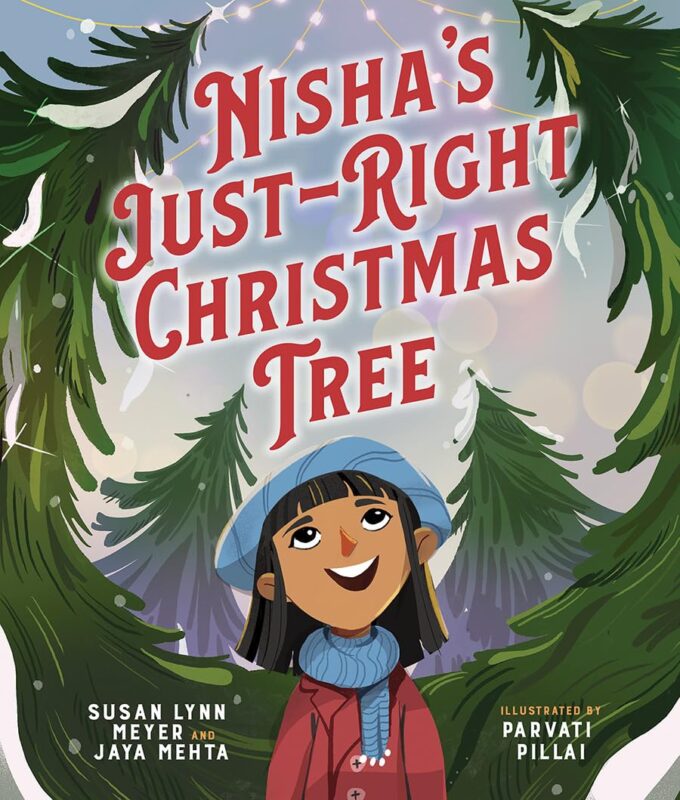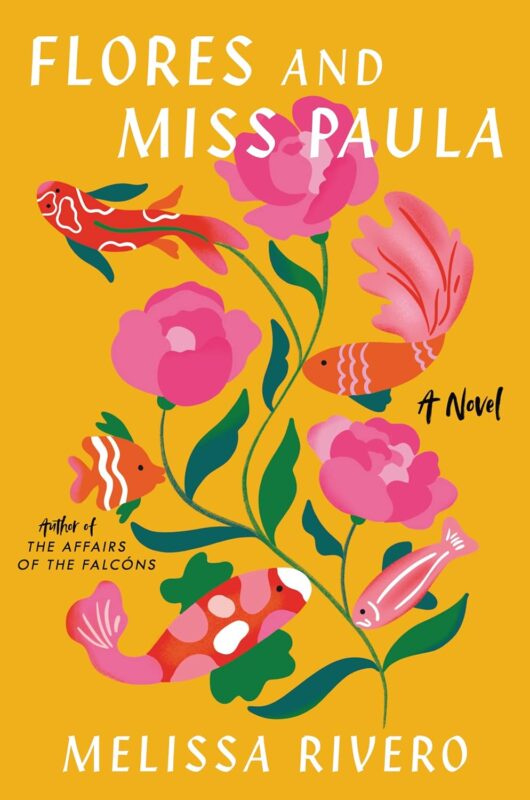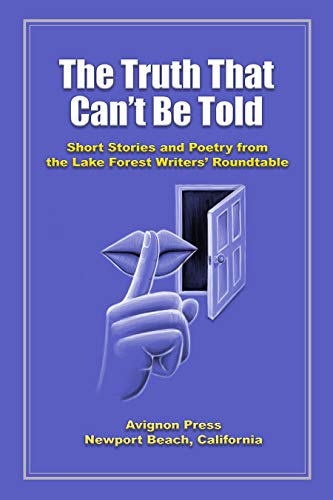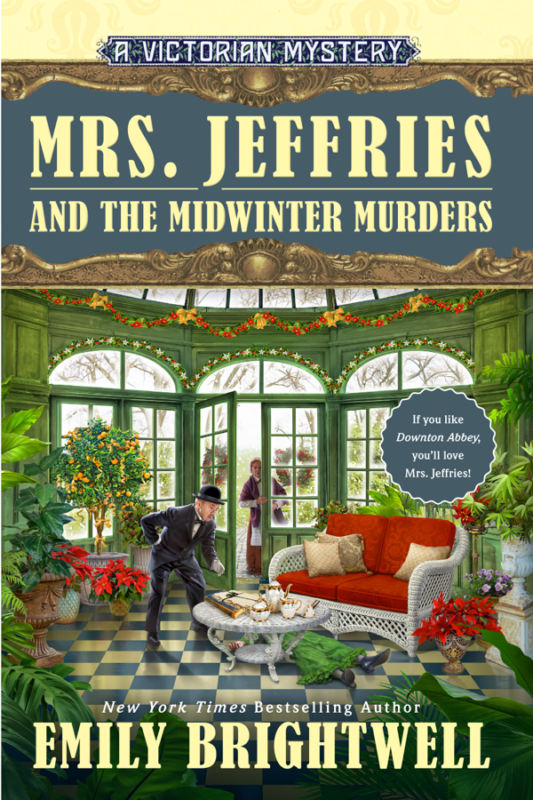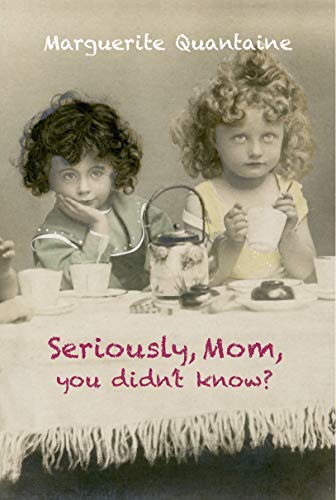Quarter Days: Queen Victoria, Mangoes, and Book vs. Film
June 28, 2019 by Alina K. Field in category Quarter Days by Alina K. FieldGreetings and happy summer!
 A few ideas popped up for this post, but since I write historical fiction, I decided to honor Midsummer by talking about Queen Victoria, with a passing mention of mangoes.
A few ideas popped up for this post, but since I write historical fiction, I decided to honor Midsummer by talking about Queen Victoria, with a passing mention of mangoes.
June 28, 2019, is the 181st anniversary of the coronation of the nineteen-year-old Queen Victoria. Her stable and fecund marriage and her famous stodginess has branded the looooong years of her reign in the same way the post-World War II 1950s are remembered as Ozzie and Harriet-land.
For someone so stuffy and boring, Victoria has managed to stir up a lot of twentieth and twenty-first century publicity. The movie Mrs. Brown depicted her long and intimate friendship with Scottish servant, John Brown; The Young Victoria covered her early life, marriage and court intrigues; and of course, there’s the PBS mini-series about her which just finished its second season.
Her most recent depiction in film is Victoria and Abdul. The movie features the “Munshi-mania” surrounding her close friendship with another much younger and much more-foreign-than-a-Scotsman male servant. Abdul Karim, a Muslim Indian from Agra, became her teacher, or “Munshi”.
Back to our June fruit
 Last year Victoria’s name popped up when the Wall Street Journal featured an article by novelist Chandrahas Choudhury about the 1663 varieties of Indian mangoes. Persuaded by her Munshi’s praise of the “Queen of Fruit”, Queen Victoria ordered her household to import mangoes from India. They were, predictably, “off” because of the fruit’s short shelf life.
Last year Victoria’s name popped up when the Wall Street Journal featured an article by novelist Chandrahas Choudhury about the 1663 varieties of Indian mangoes. Persuaded by her Munshi’s praise of the “Queen of Fruit”, Queen Victoria ordered her household to import mangoes from India. They were, predictably, “off” because of the fruit’s short shelf life.
I personally don’t like mangoes, but Choudhury has an explanation for that:
Whichever god brought forth the mango, she did so as a project that would frustrate imperial desires in the 19th century and defeat even the global supply system of capitalism in the 21st. That’s why almost all the mangoes in American markets are the fine-looking but bland, fibrous pretenders from Florida, Brazil or Mexico, not the storied ones of India.
Someday maybe I’ll get to visit India and sample a true Queen of Fruit.
Victoria and Abdul
 Motivated by the mango story, I watched the movie Victoria and Abdul and started the book on which the movie is based. Shrabani Basu’s book is a beautifully written work of nonfiction. She delves into the patronage culture of Victoria’s court and British colonialism to tell the story about the deep friendship between the Queen and Karim.
Motivated by the mango story, I watched the movie Victoria and Abdul and started the book on which the movie is based. Shrabani Basu’s book is a beautifully written work of nonfiction. She delves into the patronage culture of Victoria’s court and British colonialism to tell the story about the deep friendship between the Queen and Karim.
When the elderly Queen Victoria is smitten by young Karim, the court is appalled at their growing friendship and the gifts she showers on him as he tutors her in Urdu and Indian culture.
What was the Queen’s motivation? Basu has this to say:
What her family could not comprehend was that the Queen was a born romantic…The death of her beloved husband had left her lonely and heartbroken…It fell to John Brown to draw her out of her self-imposed isolation, and the Queen soon leaned strongly on him. Brown was devoted to her and she could talk freely to him…His death once again robbed her of a companion.
When the Munshi arrived…his presence lifted her spirits…The Queen sensed a certain depth in Karim and found she could talk to him comfortably despite the language barriers. Karim brought her closer to India, the country that she had always longed to visit.
Is true friendship and loyalty possible between a powerful older woman and a younger man? Why would Karim leave the warmth of India for the cold and hostile British Court?
In the film, an Indian servant tells the British courtiers that Karim was toadying for favors like everyone else there. Otherwise, the filmmakers depict a close friendship between the Queen and her Munshi. Based on her research, Basu believes Karim’s regard for the Queen was genuine.
Book vs. Film
“All history is written by the victors,” and worthy of questioning. This is especially true of films which are crafted to make sure tickets sell and the audience doesn’t fall asleep. Setting, costume, and language bring a story to life, but filmmakers pick and choose what to include, what to omit, and what to make up to hit all the plot points and story arcs.
The Victoria and Abdul filmmakers did a good job, but they were honest about their craft. The opening credits include this statement:
Based on real events mostly
My vote: if you want the full story, the book is always better. What do you think?
If you’ve read this far, thank you for indulging my historical nerdiness. Happy Summer!
All images are from Wikimedia Commons except for the mangoes which are from depositphotos.com
0 0 Read moreAffiliate Links
A Slice of Orange is an affiliate with some of the booksellers listed on this website, including Barnes & Nobel, Books A Million, iBooks, Kobo, and Smashwords. This means A Slice of Orange may earn a small advertising fee from sales made through the links used on this website. There are reminders of these affiliate links on the pages for individual books.
Search A Slice of Orange
Find a Column
Archives
Featured Books
NISHA’S JUST RIGHT CHRISTMAS TREE
Wide like an elephant and tall like a camel. That would be the perfect Christmas tree.
More info →FLORES AND MISS PAULA
Forgive me if I failed you. Remember that I always loved you.
More info →THE TRUTH THAT CAN’T BE TOLD BOOK 1
Secrets abound. Everyone has them.
More info →MRS. JEFFRIES AND THE MIDWINTER MURDERS
Mrs. Jeffries and Inspector Witherspoon should be checking off their Christmas present list but instead they're listing murder suspects . . .
More info →SERIOUSLY, MOM, YOU DIDN’T KNOW?
Life is a silver lining for those of us willing to scrape the surface of adversity.
More info →Newsletter
Contributing Authors
Search A Slice of Orange
Find a Column
Archives
Authors in the Bookstore
- A. E. Decker
- A. J. Scudiere
- A.J. Sidransky
- Abby Collette
- Alanna Lucus
- Albert Marrin
- Alice Duncan
- Alina K. Field
- Alison Green Myers
- Andi Lawrencovna
- Andrew C Raiford
- Angela Pryce
- Aviva Vaughn
- Barbara Ankrum
- Bethlehem Writers Group, LLC
- Carol L. Wright
- Celeste Barclay
- Christina Alexandra
- Christopher D. Ochs
- Claire Davon
- Claire Naden
- Courtnee Turner Hoyle
- Courtney Annicchiarico
- D. Lieber
- Daniel V. Meier Jr.
- Debra Dixon
- Debra H. Goldstein
- Debra Holland
- Dee Ann Palmer
- Denise M. Colby
- Diane Benefiel
- Diane Sismour
- Dianna Sinovic
- DT Krippene
- E.B. Dawson
- Emilie Dallaire
- Emily Brightwell
- Emily PW Murphy
- Fae Rowen
- Faith L. Justice
- Frances Amati
- Geralyn Corcillo
- Glynnis Campbell
- Greg Jolley
- H. O. Charles
- Jaclyn Roché
- Jacqueline Diamond
- Janet Lynn and Will Zeilinger
- Jaya Mehta
- Jeff Baird
- Jenna Barwin
- Jenne Kern
- Jennifer D. Bokal
- Jennifer Lyon
- Jerome W. McFadden
- Jill Piscitello
- Jina Bacarr
- Jo A. Hiestand
- Jodi Bogert
- Jolina Petersheim
- Jonathan Maberry
- Joy Allyson
- Judy Duarte
- Justin Murphy
- Justine Davis
- Kat Martin
- Kidd Wadsworth
- Kitty Bucholtz
- Kristy Tate
- Larry Deibert
- Larry Hamilton
- Laura Drake
- Laurie Stevens
- Leslie Knowles
- Li-Ying Lundquist
- Linda Carroll-Bradd
- Linda Lappin
- Linda McLaughlin
- Linda O. Johnston
- Lisa Preston
- Lolo Paige
- Loran Holt
- Lynette M. Burrows
- Lyssa Kay Adams
- Madeline Ash
- Margarita Engle
- Marguerite Quantaine
- Marianne H. Donley
- Mary Castillo
- Maureen Klovers
- Megan Haskell
- Melanie Waterbury
- Melisa Rivero
- Melissa Chambers
- Melodie Winawer
- Meriam Wilhelm
- Mikel J. Wilson
- Mindy Neff
- Monica McCabe
- Nancy Brashear
- Neetu Malik
- Nikki Prince
- Once Upon Anthologies
- Paula Gail Benson
- Penny Reid
- Peter Barbour
- Priscilla Oliveras
- R. H. Kohno
- Rachel Hailey
- Ralph Hieb
- Ramcy Diek
- Ransom Stephens
- Rebecca Forster
- Renae Wrich
- Roxy Matthews
- Ryder Hunte Clancy
- Sally Paradysz
- Sheila Colón-Bagley
- Simone de Muñoz
- Sophie Barnes
- Susan Kaye Quinn
- Susan Lynn Meyer
- Susan Squires
- T. D. Fox
- Tara C. Allred
- Tara Lain
- Tari Lynn Jewett
- Terri Osburn
- Tracy Reed
- Vera Jane Cook
- Vicki Crum
- Writing Something Romantic
Affiliate Links
A Slice of Orange is an affiliate with some of the booksellers listed on this website, including Barnes & Nobel, Books A Million, iBooks, Kobo, and Smashwords. This means A Slice of Orange may earn a small advertising fee from sales made through the links used on this website. There are reminders of these affiliate links on the pages for individual books.

